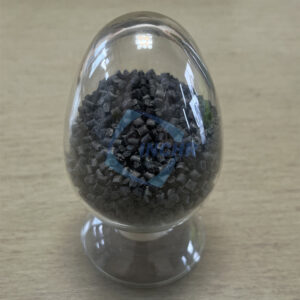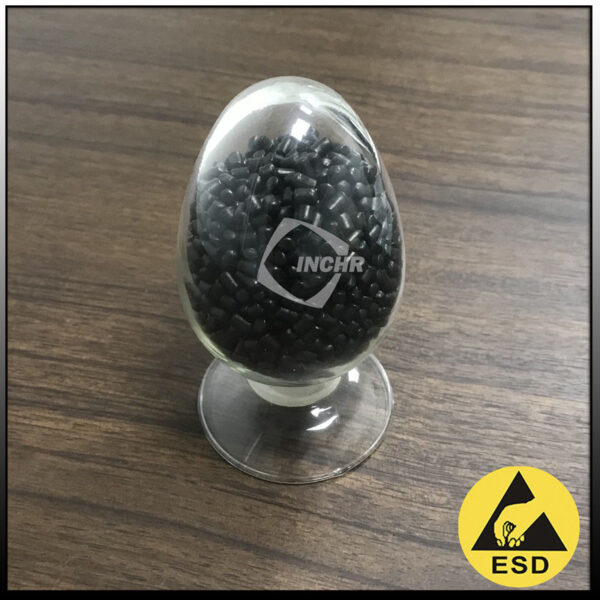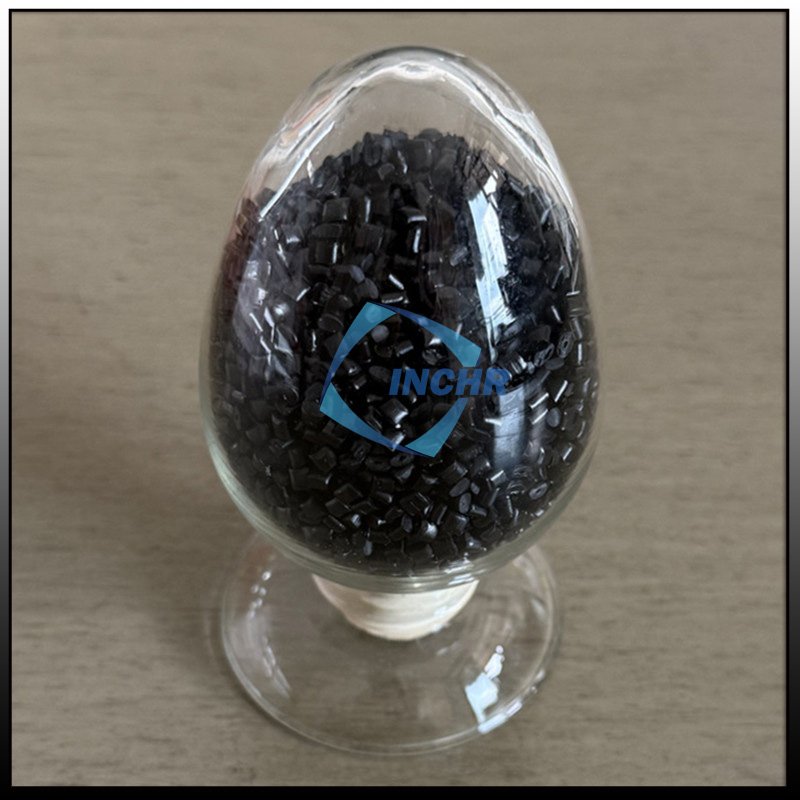The automotive industry is continuously evolving, with innovation at its core. Among the most transformative materials driving this change is Carbon Fiber Reinforced Plastic (CFRP). Renowned for its exceptional strength-to-weight ratio, CFRP is reshaping vehicle design, performance, and sustainability.
Lightweight Strength for Enhanced Performance
CFRP is significantly lighter than traditional metals like steel and aluminum, yet it offers superior tensile strength and rigidity.
Learn more about our advanced material solutions for automotive applications.
Fuel Efficiency and Emission Reduction
With stringent global emission regulations, automakers are prioritizing lightweight materials to enhance fuel efficiency. CFRP’s weight savings can reduce a vehicle’s overall mass by up to 50%, directly lowering fuel consumption and CO2 emissions. As the industry shifts toward electric vehicles (EVs), CFRP also extends battery range by minimizing energy required for propulsion.
Safety and Durability
Despite its lightweight nature, CFRP excels in safety applications. Its high energy absorption capacity makes it ideal for crumple zones and passenger cell reinforcement. Additionally, CFRP is resistant to corrosion and fatigue, ensuring longevity and reliability in diverse driving conditions.

Sustainability and Future Innovations
CFRP contributes to sustainability through its potential for recyclability and integration with eco-friendly production processes. As technology advances, methods like pyrolysis are enabling the recovery of carbon fibers for reuse. The material’s role in electric and autonomous vehicles will further amplify its importance, supporting lighter, smarter, and greener mobility solutions.
Challenges and Adoption
While CFRP offers immense benefits, its high production cost remains a barrier to mass-market adoption. However, ongoing research into automated manufacturing and cost-effective raw materials is steadily overcoming these hurdles. Collaborations between automotive manufacturers and material scientists are crucial to expanding CFRP’s accessibility.
Read about automotive industry trends in Lightweighting with Composites.
Conclusion
Carbon Fiber Reinforced Plastic is undeniably a cornerstone of modern automotive engineering. Its blend of lightness, strength, and sustainability aligns perfectly with the industry’s goals for efficiency and innovation. As technology progresses, CFRP will continue to accelerate the development of next-generation vehicles, redefining driving experiences worldwide.


